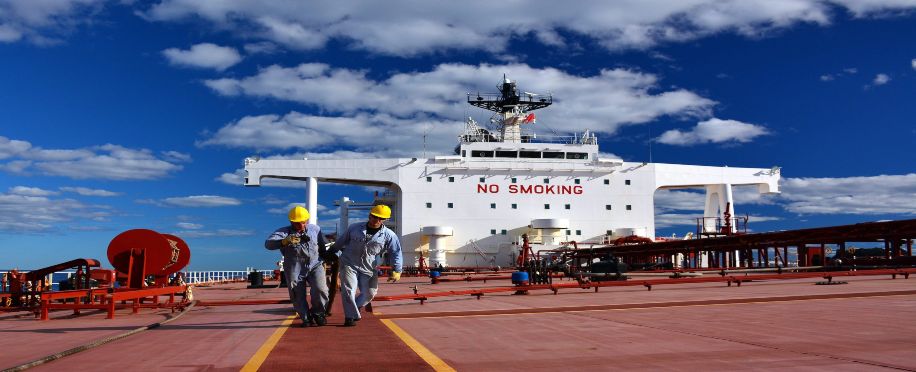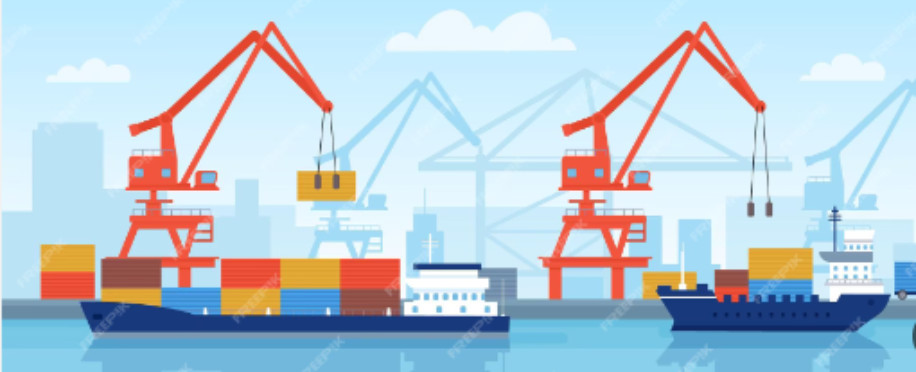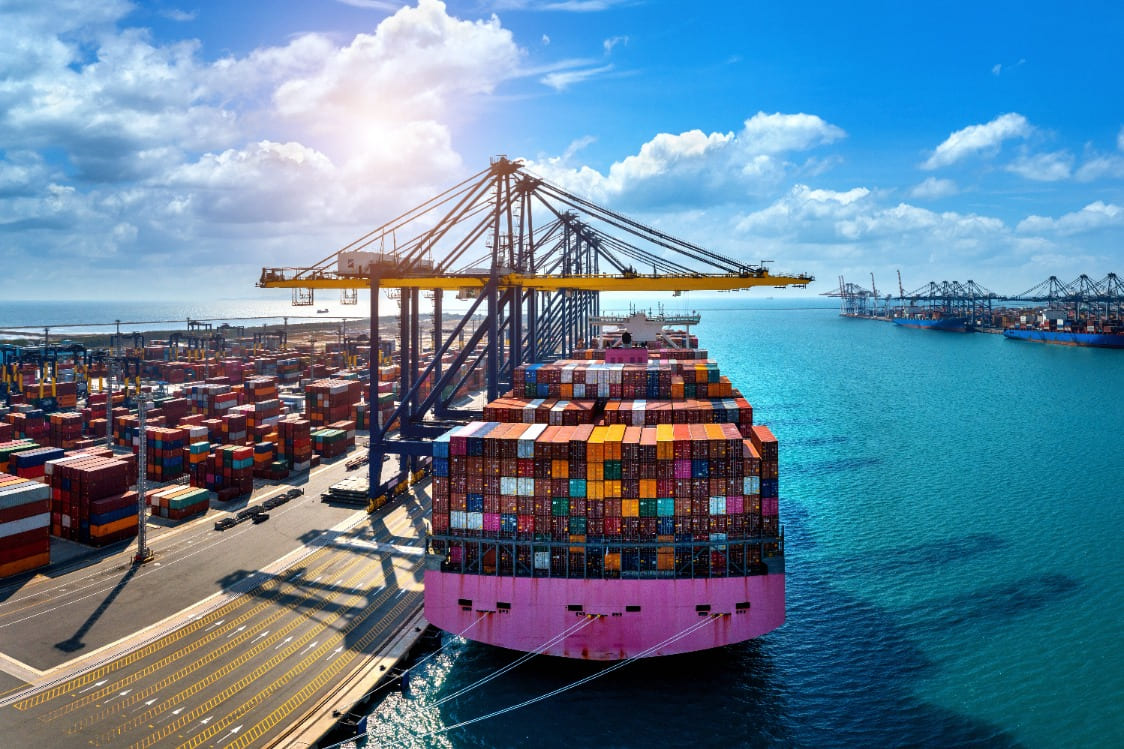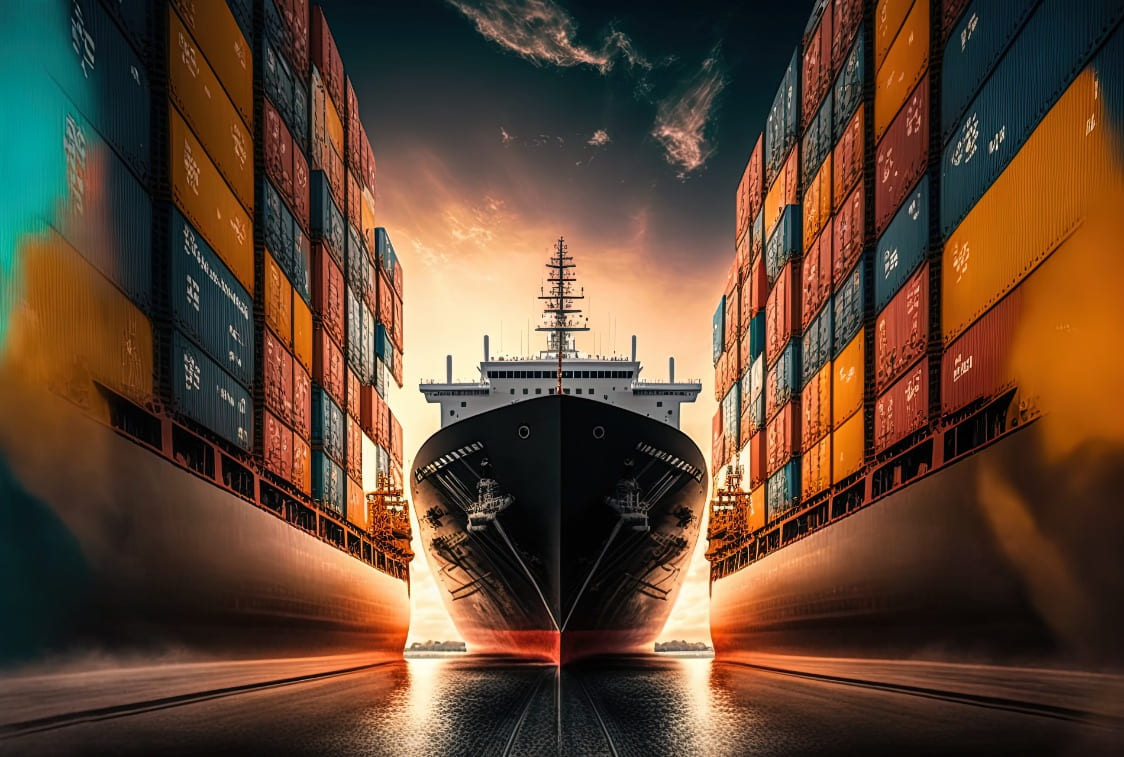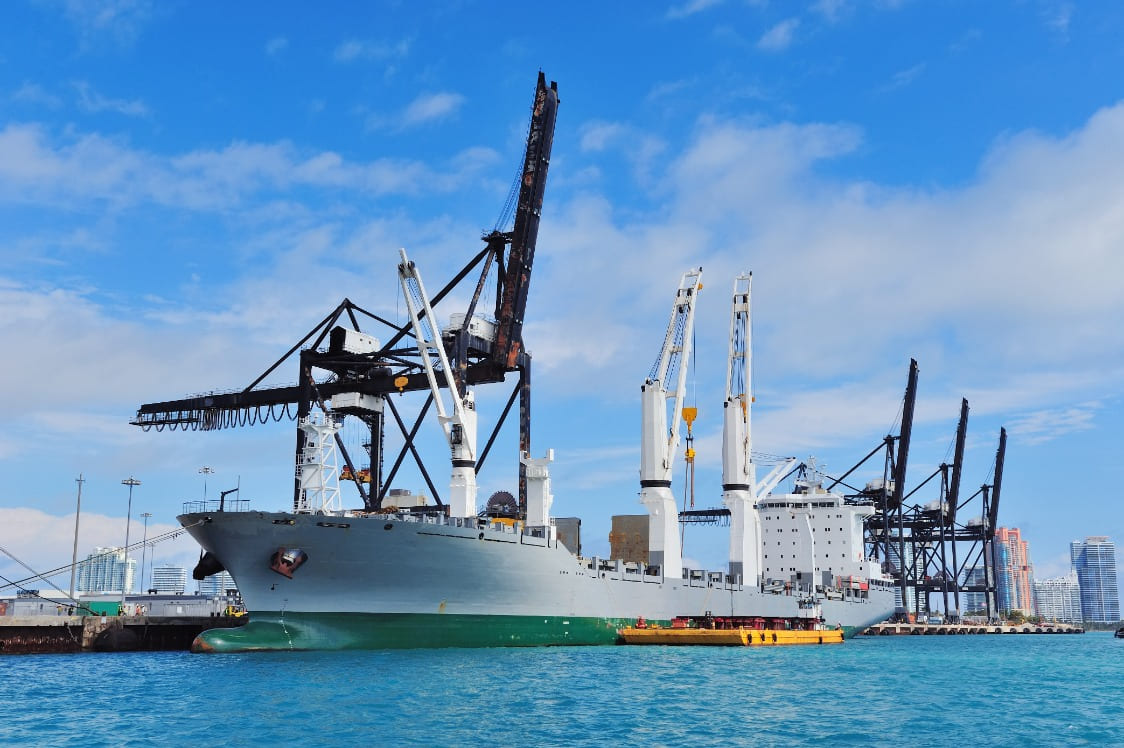Addressing the Abandonment of Seafarers by Dubious Ship Owners: A Global Response to a Contemporary Crisis
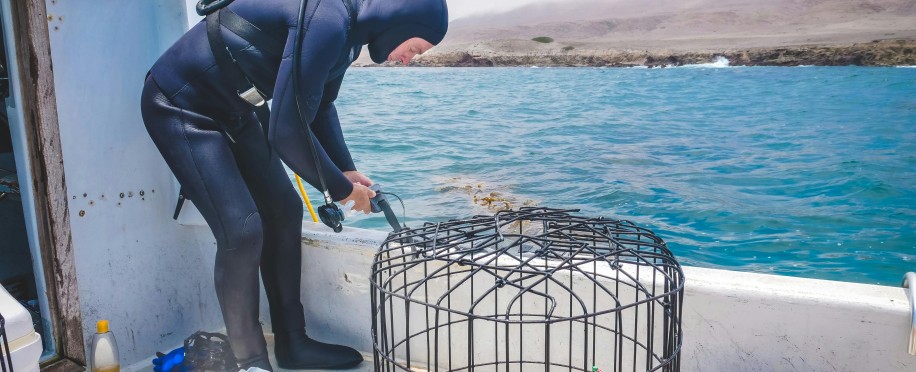
Posted on Jan 11, 2025 at 07:01 AM
Seafaring is one of the world’s most demanding and essential professions, forming the backbone of global trade and commerce. Yet, seafarers face immense challenges, none more troubling than the rising issue of abandonment by negligent ship owners. This phenomenon leaves crew members stranded without pay, food, or resources, jeopardizing their well-being and disrupting maritime operations. This article delves into the causes, impacts, and solutions to this pressing issue, calling for an industry-wide response to protect the dignity and livelihoods of seafarers.
2. Understanding the Problem of Seafarer Abandonment
Seafarer abandonment occurs when ship owners abandon their vessels in port, neglecting to fulfill obligations such as paying wages, providing essentials, or arranging repatriation for the crew. The International Maritime Organization (IMO) has recorded over 400 cases since 2004, with numbers surging during economic downturns, including the COVID-19 pandemic.
2.1 Causes of Abandonment
- Economic Instability: Ship owners often cite financial hardships as a reason for abandoning their vessels and crews.
- Regulatory Gaps: Weak enforcement of international maritime conventions allows unscrupulous behavior to persist.
- Lack of Accountability: Without robust oversight, many ship owners evade responsibility for their actions.
3. The Far-Reaching Impact of Abandonment
The abandonment of seafarers creates a ripple effect, harming individuals, communities, and economies:
- Humanitarian Crisis: Abandoned seafarers face severe deprivation, including hunger, medical neglect, and psychological distress.
- Economic Consequences: Idle vessels disrupt global shipping routes, leading to economic losses for businesses and supply chain disruptions.
4. Solutions to Address Seafarer Abandonment
Resolving this crisis requires a comprehensive, collaborative approach.

4.1 Strengthening International Regulations
- Enforcement of the Maritime Labour Convention (MLC): Stricter enforcement of the MLC, including penalties for non-compliance and ensuring compensation for abandoned crews, is crucial.
- Global Accountability Registry: A centralized database of ship owners with records of misconduct can enhance transparency and accountability.
4.2 Enhanced Oversight and Reporting Mechanisms
- Transparent Reporting Systems: A robust reporting framework, supported by labor unions and NGOs, should allow seafarers to safely report abandonment cases.
- Port State Control Inspections: Strengthened inspections can ensure ships meet welfare standards before being allowed entry into ports.
4.3 Collaborative International Efforts
- NGO Partnerships: Organizations like the International Transport Workers' Federation (ITF) can play a key role in supporting abandoned seafarers.
- Legal Aid and Advocacy: Resources for legal representation should be made accessible to seafarers to ensure justice and fair treatment.
4.4 Awareness and Education Initiatives
Promoting education about seafarer rights and responsibilities is essential for creating a culture of accountability in the shipping industry. Programs like maritime professional training and ISPS Code courses in London can equip industry stakeholders with the knowledge to uphold seafarer welfare and prevent abandonment.
5. Conclusion
The abandonment of seafarers is a humanitarian and economic crisis that demands urgent, coordinated action. By enforcing international regulations, increasing accountability, and fostering collaboration, the maritime industry can safeguard the rights and dignity of its workforce. This effort requires commitment from all stakeholders—governments, ship owners, unions, and organizations—to ensure a just and sustainable future for seafarers worldwide.
Together, we can transform the maritime industry into one that values its people as much as it values global trade.
